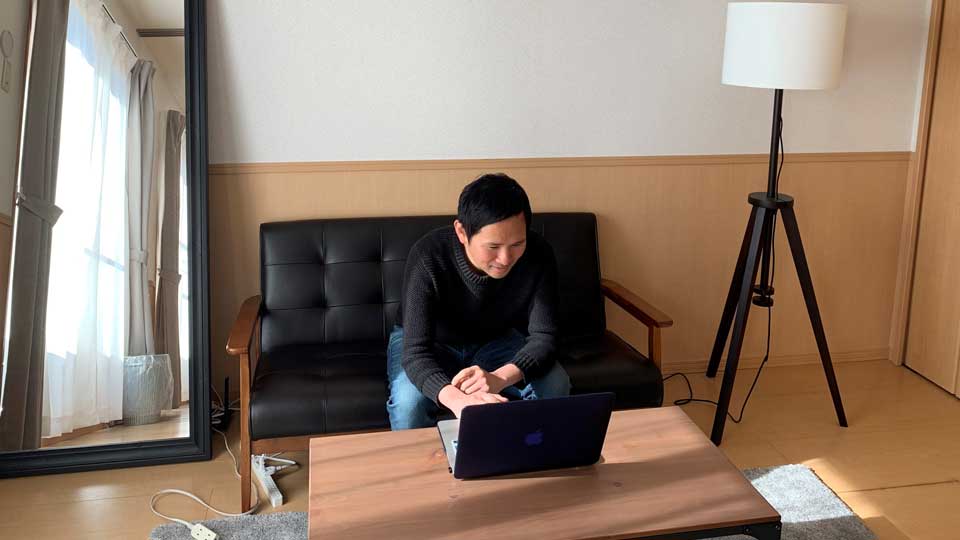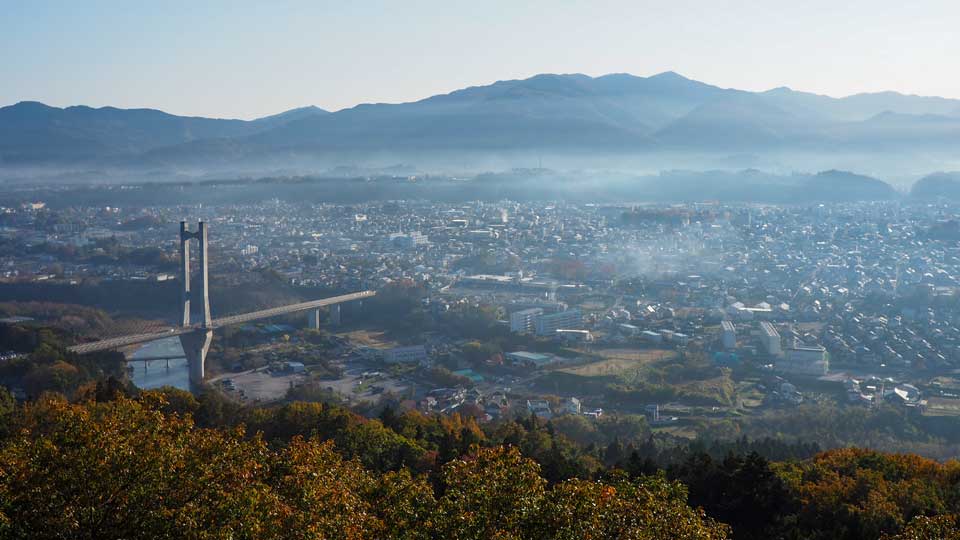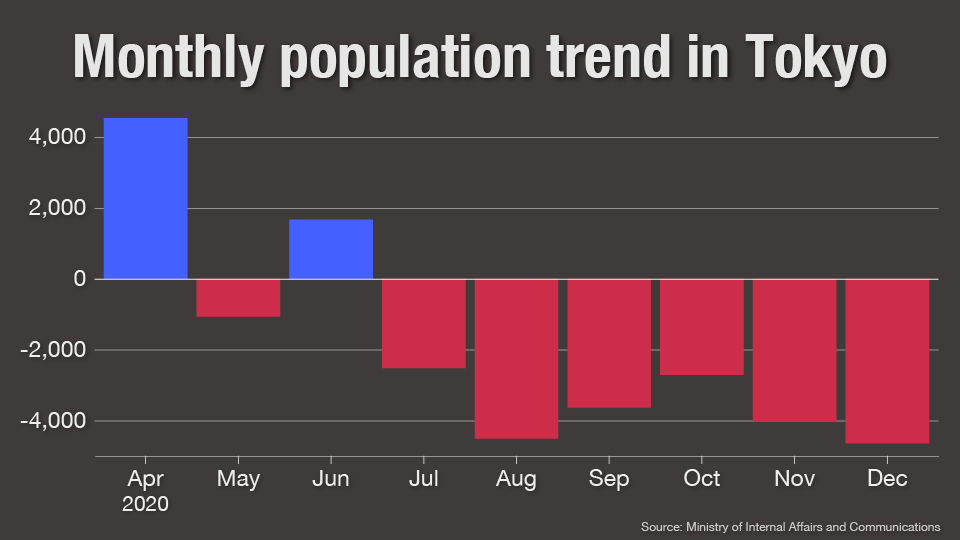Oyama Ryusuke is a born-and-bred Tokyoite, but when the government declared a state of emergency for the capital last April, he decided it was time to leave. By November he was living surrounded by woodland and mountains in Chichibu City — population 60,000 and a two-hour drive from his old home.
The 40 year old works as a recruiter for temp agencies. In Tokyo it involved plenty of client visits and face-to-face interviews, but when the state of emergency made those impossible he realized he had little reason to stay in the capital.

Oyama now pays just a quarter of his old rent for an apartment three times the size, and says he saves about 100,000 yen — just over $950 — a month in other living expenses.
He still works for recruiters, doing almost everything online. When he clocks off, he goes for a walk in the nature just outside his door.
“I don’t earn as much as I did when I lived in Tokyo, but life here is stress-free. I can work at my own pace, and there are lots of people like me who have moved here that I can turn to for advice,” he says.

Chichibu City leaders are keen to encourage migration, having seen the population shrink for more than 30 years. They offer subsidies for new residents to renovate unoccupied homes or to purchase a car — a must-have for rural living. The city even offers people the chance to live in a local home for up to a week to get a taste of life there, and is creating coworking spaces for people who work remotely.
Sekiguchi Hideki is a city official in charge of helping people relocating to Chichibu.“We are getting an increasing number of inquiries about moving here after the spread of the coronavirus,” he says. “It used to be mainly retirees who thought about coming to Chichibu, but now we're seeing a spike in people who plan to work remotely from here.”
Okada Yutaka, Senior Economist at the Mizuho Research Institute, says remote working is here to stay, and firms are realizing they have to offer remote working options if they want to secure the top talent. “Even after the coronavirus is brought under control, Tokyo will continue to see an outflow of its residents,” he predicts.
And the central government is looking to support the trend too. In late December, it unveiled a comprehensive strategy that included the promotion of remote working and dispatching experts in digital fields to help local municipalities equip themselves for modern workers.
Tokyo still saw a population growth in 2020 as a whole, but the figure was down more than 60 percent from a year earlier, and the nation’s leaders have set a target of balancing inflow and outflow by fiscal 2024.

